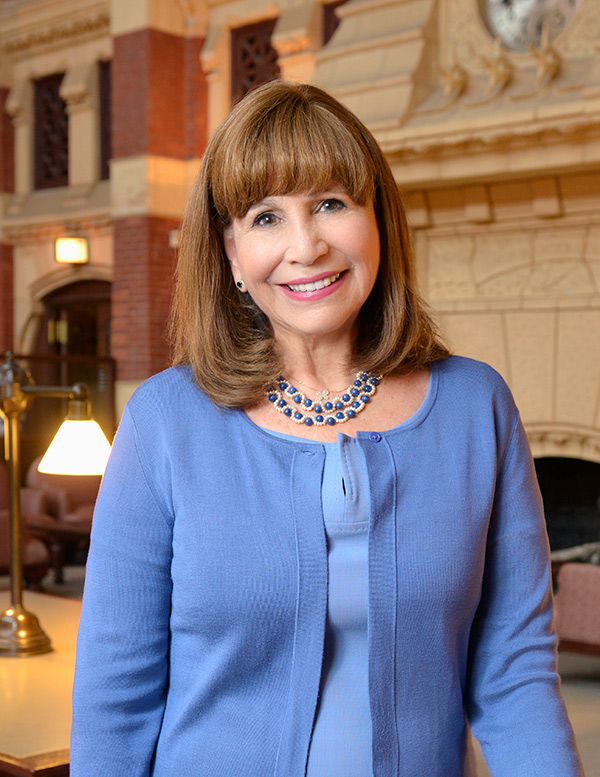President’s Letter: Ensuring Education for All
Reaffirming TC’s mission — in court and in the classroom

These founding ideals guided us in preparing a new corps of teachers to meet immigrant children on their own cultural turf. They shaped our commitment to welcome aspiring black teachers during the 1940s and 50s, when Southern education schools denied them admission.
This issue of TC Today includes two stories that illustrate how, at this critical juncture, our unwritten TC constitution remains a vital guide.
Our cover story showcases a remarkable group of faculty members who are reimagining education for America’s increasingly diverse public school population. Building on the ideas of John Dewey, James Banks, Gloria Ladson-Billings and others, these scholars, to echo Professor Amy Stuart Wells, are offering new strategies to connect intellectually and emotionally with students from all backgrounds. Their ideas range from the use of hip hop to teach science to the study of how “redlining” by banks helped segregate American cities and schools. All, on some level, echo Professor Yolanda Sealey-Ruiz’s call for motivating students with a combination of high expectations and genuine caring and love.
Right now, the nation’s public schools are far from delivering on these goals, perhaps because they have lost sight of another: preparing young people to participate as active and capable citizens. In 1973, the U.S. Supreme Court ruled that education was not a Constitutionally protected right. Yet as Professor Michael Rebell, Executive Director of TC’s Center for Educational Equity (CEE), argues in another story in this issue, the Constitution’s framers believed that civic preparation was education’s primary purpose — and the majority of state constitutions agree. Now Professor Rebell and students from TC and Columbia Law School are building a case they hope will prompt the current Court to enshrine education as a necessary precondition for Americans to exercise freedom of speech, the right to vote and other civic functions. CEE is also launching a public engagement campaign to determine what civic preparation should look like and what resources schools would require.
I cannot mention TC’s founding mission without saluting our own great statesman and civic champion, Jack Hyland, who passed away in August. Jack, our Board Co-Chair, wanted the best for Teachers College because he believed the world needed a strong and thriving TC. We miss his kindness, warmth, energy and wisdom as we navigate these challenging times. Yet no one would be more pleased than he by the shape our efforts are taking — nor likelier to see them as proof that our TC Constitution continues to show us the way.

Susan Fuhrman (PH.D. ’77)
Download this article as a PDF
Published Monday, Dec 11, 2017